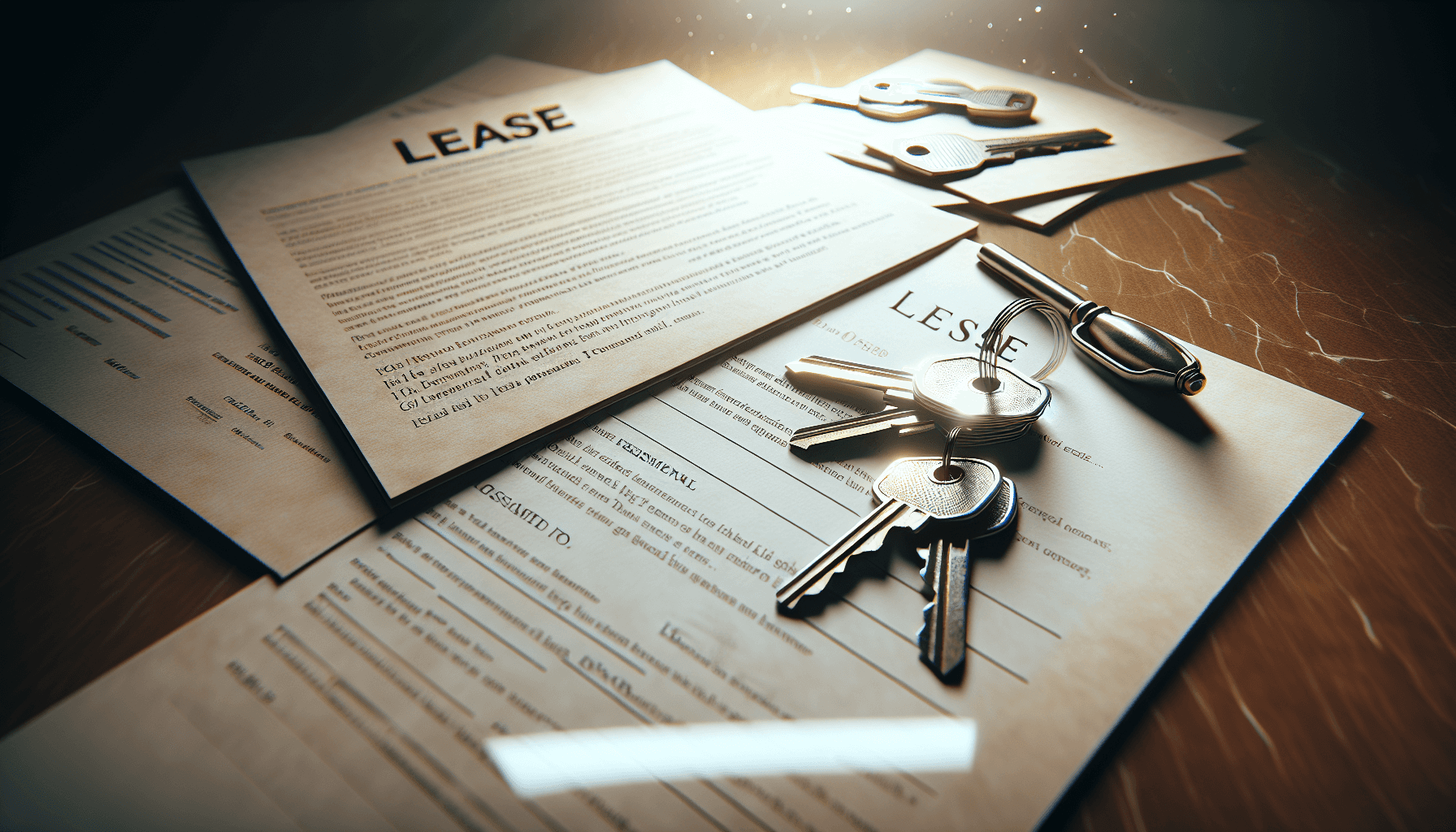Estate for Years: A Complete Guide to Fixed-Term Leasing
I'm excited to share everything you need to know about estates for years - a straightforward but often misunderstood type of lease agreement. Whether you're a property owner looking to secure long-term tenants or a renter seeking stability, this guide will walk you through all the important details.
Estate for Years: An estate for years is a type of lease agreement that gives the tenant the right to use a property for a specific, predetermined period of time, such as six months or two years. The lease automatically ends on the agreed-upon date without requiring notice from either party.
Understanding Estate for Years
The beauty of an estate for years lies in its simplicity. You get a clear start date and end date - no guessing games involved. Unlike month-to-month arrangements where either party might need to give notice, this lease type wraps up automatically when the term ends.
Three main types of leases exist, and an estate for years stands apart from the rest:
Periodic tenancy: Runs in cycles (monthly/yearly) with no set end date
Tenancy at will: Continues until either party decides to end it
Tenancy at sufferance: Occurs when a tenant stays past their lease end
Benefits and Applications
Property owners love estates for years since they lock in steady rental income without constant tenant turnover. You'll know exactly how long your property will generate income, making financial planning much easier.
For tenants, the perks include:
Fixed rent prices throughout the lease term
Protection from unexpected lease termination
Time to settle into the community
Legal Aspects and Requirements
Every estate for years needs proper documentation. A written lease agreement should spell out:
Exact start and end dates
Rent amount and payment schedule
Maintenance responsibilities
Security deposit terms
Both parties must understand their roles. Property owners handle major repairs and maintain the property's structural integrity. Tenants take care of routine maintenance and keep the space clean.
Common Uses in Real Estate
These leases work great for various property types. In residential settings, families often prefer estates for years since they can enroll kids in local schools without worrying about sudden moves.
Commercial properties benefit too:
Retail stores can plan seasonal inventories
Offices can install custom equipment
Warehouses can set up long-term operations
Potential Challenges and Solutions
Sometimes life throws curveballs. Maybe a tenant needs to relocate for work, or a property owner faces unexpected circumstances. Clear communication helps address these situations. Including early termination clauses or subletting options in the original agreement can provide flexibility while maintaining structure.
Making the Most of an Estate for Years
Smart property owners check references and verify income before signing. They also plan maintenance schedules around lease terms.
Tenants should:
Read the entire lease agreement
Document property condition at move-in
Keep copies of all communications
Start planning for lease end several months ahead
Conclusion
Estates for years offer stability and clarity for both property owners and tenants. The fixed term nature removes uncertainty and creates a solid foundation for a positive rental experience.
Looking for expert guidance on lease agreements? Bellhaven Real Estate's property management team knows how to structure these agreements for maximum benefit to all parties. We handle everything from tenant screening to maintenance coordination, making your real estate experience smooth and profitable.

